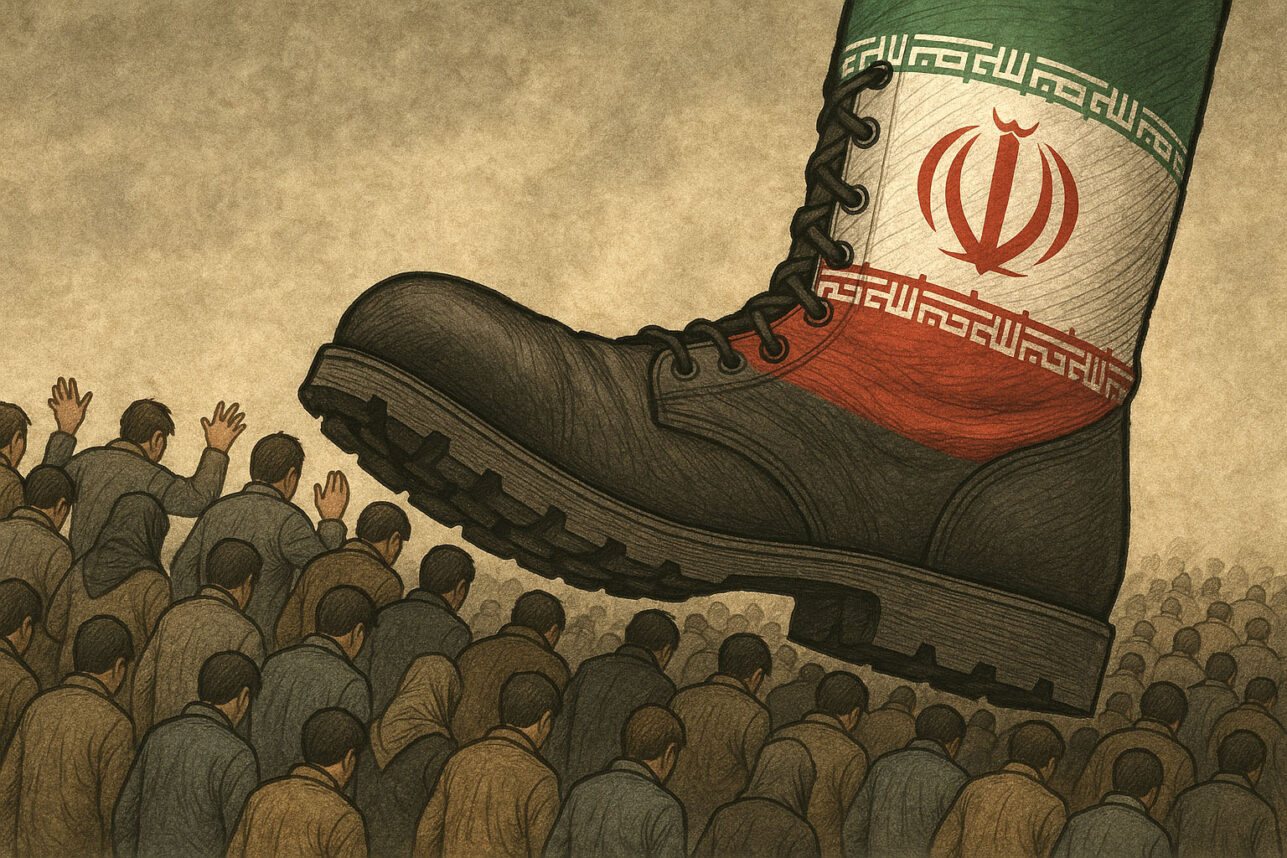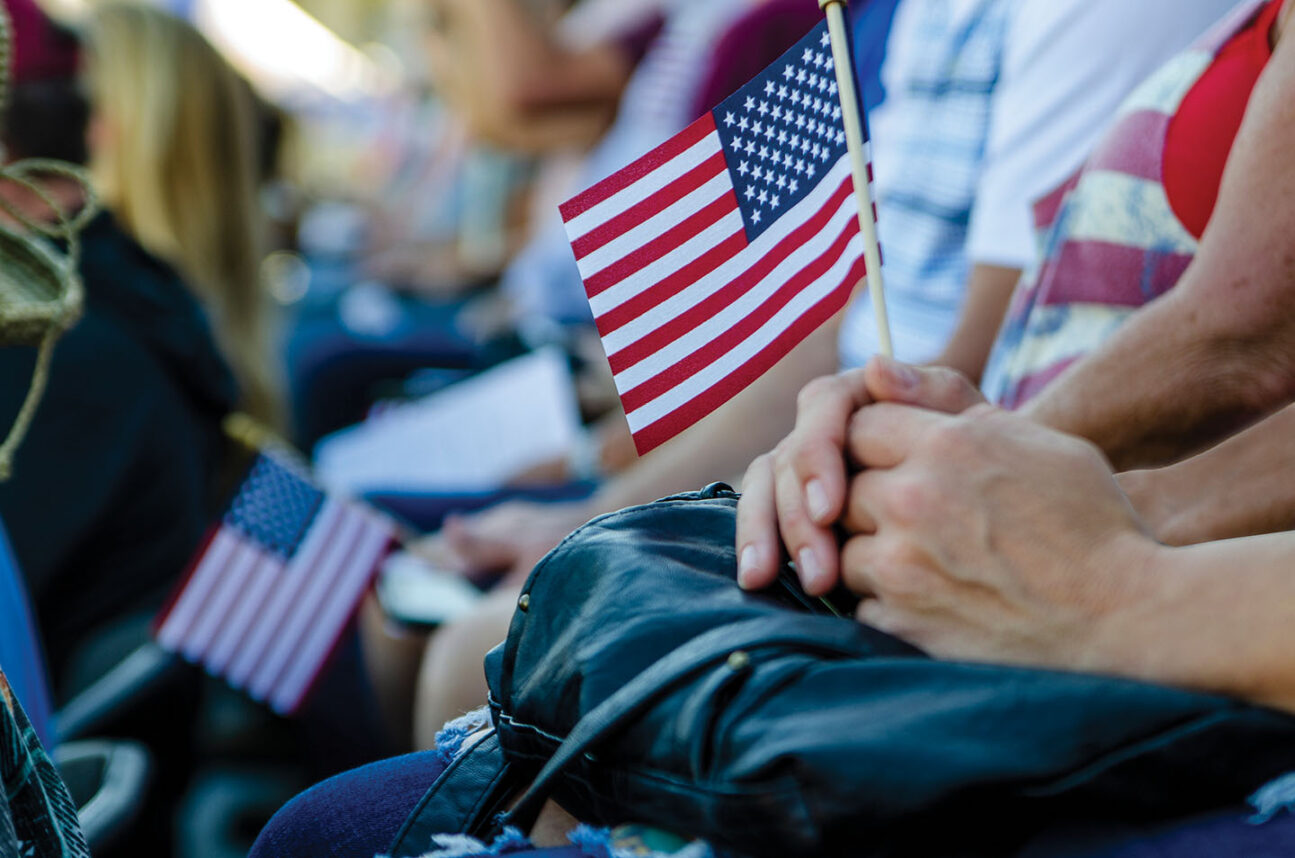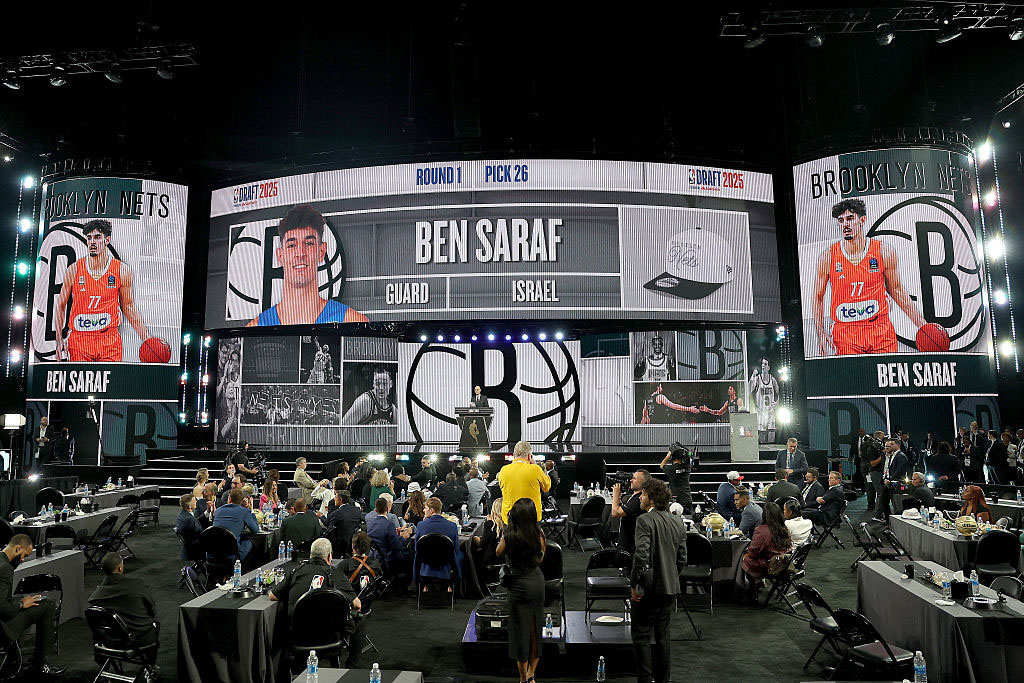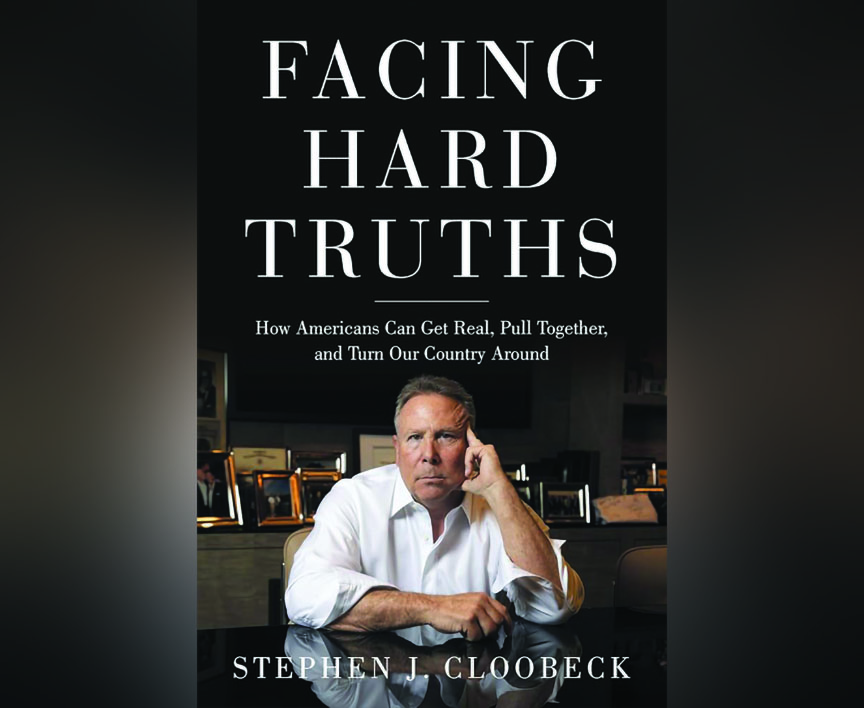by David Lehrer and Joe Hicks
We recently received a press release that caught our eye, it was an unusual announcement from a government agency.
The Los Angeles County Human Relations Commission, author of the document, is an over 50 year old agency that has as its mission, “fostering harmonious and equitable inter-group relations; empowering communities and institutions; and promoting an informed and inclusive multicultural society.” Most of the Commission’s programs revolve around hate crimes—-tallying them, seeking to counter them, reporting about them, etc.
Interestingly, their press release announces a new wrinkle in the Commission’s anti-hate crime efforts—-
pre-empting speech that the Commission suggests “triggers” hate crimes
.
As individuals who have spent our professional careers dealing with haters, extremists and the organizations they create, we were surprised to find that the Human Relations Commission is staging a program on a very sensitive topic that governmental entities should only approach with extreme caution—-the role of government in impacting free speech and the rights of broadcasters.
The Commission promotes this Thursday’s program with the provocative title “When does FREE SPEECH in the Media turn into HATE SPEECH….triggering HATE CRIMES?” (sic). It implies that it has discovered a link that no academics, advocates of anti-bias laws or anyone else has yet been able to document—-“many see a clear link between the coverage a particular community receives in the media and potential spikes in hate crimes.”
It doesn’t make sense.
The panel consists of minority activists (Latino, African American, Muslim, South Asian, Gay/Lesbian and “Multi-Ethnics”) and the Commission’s director, Robin Toma. The moderator is an occasional radio host whose primary job is as an instructor of journalism at Cal State LA. There is no ACLU or First Amendment advocate to argue that however objectionable many of these talk show hosts may be, the way to deal with their bloviating is in the free marketplace of ideas, not by government censorship.
The thrust of the discussion is all too predictable and will more than likely follow the reasoning of the Commission’s announcement——the irritating voices on talk radio are purveyors of hate and that hate results in hate crimes. The conclusion will undoubtedly be that “something needs to be done!” Conveniently, there is a petition before the Federal Communications Commission requesting an investigation into the link between media broadcasters, hate speech and hate crimes.
We are not defenders of the crude and vulgar talk show hosts on radio and tv who mask inflammatory posturing as political commentary. But those who pander to the lowest common denominator of America’s listening audience ought to be challenged and taken on because of the bankruptcy of their ideas, not because a governmental agency thinks that their outrageous talk leads to criminal activity.
In fact, we are aware of no academic research that documents a connection between media jabber, however pernicious, and the commission of hate crimes. The single academic who is on the panel (Dr. Chon Noriega) has authored a study on point about “hate speech on commercial radio” which specifically warns that “
the study does not attempt to determine a causal relationship between hate speech in the media and the commission of hate crimes.”
What makes this program so troubling is that a governmental entity, the Human Relations Commission, is involving itself in a tilted discussion that implicates the First Amendment and the rights of broadcasters.
If the various participants on the panel and their organizations were to chose to have this debate under private, non-governmental auspices, it might be skewed and lightweight, but it would be their affair and their conclusions would be their own.
When a governmental agency sponsors this kind of event, we are all implicated and their conclusions become our conclusions.
We hope that the Human Relations Commission will rethink their role in a presenting an unbalanced program that looks like it will offer remedies on a very sensitive issue that touches on the First Amendment and the rights of our nation’s broadcasters.

































 More news and opinions than at a Shabbat dinner, right in your inbox.
More news and opinions than at a Shabbat dinner, right in your inbox.